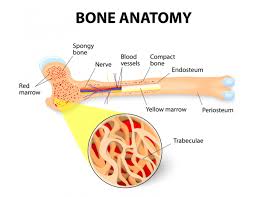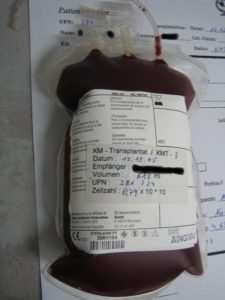
Recently Diagnosed or Relapsed? Stop Looking For a Miracle Cure, and Use Evidence-Based Therapies To Enhance Your Treatment and Prolong Your Remission
Multiple Myeloma an incurable disease, but I have spent the last 25 years in remission using a blend of conventional oncology and evidence-based nutrition, supplementation, and lifestyle therapies from peer-reviewed studies that your oncologist probably hasn't told you about.
Click the orange button to the right to learn more about what you can start doing today.
- You are here:
- Home »
- Blog »
- Multiple Myeloma »
- Myeloma, Breast Cancer Diagnosis- Both Conventional, Off-label…
Myeloma, Breast Cancer Diagnosis- Both Conventional, Off-label…

First of all, I was grateful to find your site. Thank you for all that you’re doing to help us beat multiple myeloma (MM) and stay in remission. While being treated for breast cancer (advanced), I received the diagnosis of MM the end of August.
Treatment for the breast cancer stopped and I started the third round of chemo this week. Yesterday my doctor talked to me about the bloodwork and PET scan last week. The good news is that my body is responding well to the chemo and a couple of the labs were within normal range. I am managing my MM.
My oncologist talked with me about considering autologous stem cell transplant after the fourth round of my induction therapy. It sounded very intensive and concerning given the breast cancer as well. He will talk with his team to find out if it’s advisable.
I am wondering if you did this type of therapy or have you been free of MM that long that the treatment wasn’t available? I plan on doing IV vitamin C therapy soon once I have raised more money in my GoFundMe campaign. It’s something I have wanted to do for quite some time and the new diagnosis makes it even more important.
How long did you do the IV vitamin C? I am also working with a naturopath who specializes in oncology, taking supplements, eating a ketogenic diet, doing oxygen therapy and having a lot of energy work done. Despite the health challenges, I have faith and a lot support.
One more question . . . I learned that green tea interferes with the Velcade. It looks like you recommend drinking green tea so I am curious about that. Also, I recently learned about off label medications for the MM and breast cancer based on the book “How to Starve Cancer” and am considering going down that road although it seems complicated. Do you take any off label medications to stay in remission? Do you take any conventional treatments now? (i.e., Zometa)
Thank you. I look forward to your response. Kathy
Hi Kathy,
“tudies with high dose vitamin C have shown cytotoxic and anti-metastatic activity on various cancer types mainly by its action as a pro-oxidant agent..”
- MM Survivor
- MM Coach
- Director PeopleBeatingCancer
Recommended Reading:
- Antioxidant Supps to Enhance Myeloma Chemo- Reduce Side Effects
- Organic Diet-Fewer Cancer Dx’s, Longer Cancer Survival
- Intravenous Vitamin C Synergizes Chemo for Ovarian Cancer
High Dose IV Vitamin C and Metastatic Breast Cancer: A Case Report
“Conclusion
Over the years, more and more studies have been published that confirms the effectiveness of Vitamin C as a non-toxic chemotherapeutic agent. Our case supports that high dose intravenous vitamin C can be used effectively as an adjuvant therapy in the management of patients with breast cancer with improvement in the quality of life and disease outcomes. Based on the presented clinical case and the positive outcomes obtained, we recommend to continue studying the role of intravenous infusion of high dose vitamin C as a possible adjuvant treatment for cancer in any stage.”



